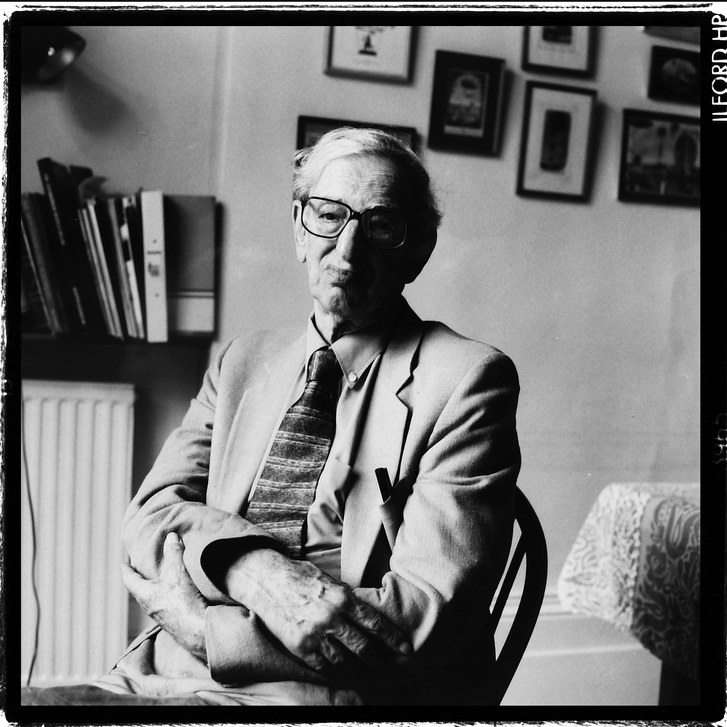In the New Yorker, political theorist Corey Robin examines the life and work of Eric Hobsbawm, a British historian and towering Marxist intellectual who died in 2012. Robin traces the central arguments of Hobsbawm’s famous series of books on world history from 1848 to 1991, and assesses whether his unshakeable belief in the possibility of utopia has stood the test of time. Here’s an excerpt:
The struggle between capitalism and socialism was never a question of how to organize economic life; it was a question of whether life would be organized by economics. The subtitle of Marx’s “Capital” was “A Critique”—not “A Defense” or “A Theory”—“of Political Economy.” According to Hobsbawm, Marxism entailed “considerations . . . of action, will and decision”; it was a “document of choices,” not a summa of inevitabilities. What made modern history a story, in other words, was the attempt of men and women to subordinate economics to politics.
Did that attempt succeed? The answer, for Hobsbawm, seems to have been no. The ancients believed that the economy was situated in the household, which was the site of production, and in the marketplace, where households traded their surplus. Beyond that lay the public life of the polity; politics began where the economy ended. But in the modern world, Hobsbawm declared in his Marshall Lectures, “history and economics grew up together.” Any account of political agency had to confront the fact that economics was now the medium of political action. Capitalism was not the base to the superstructure of politics, as it is so often presented in textbook accounts of Marxism; it was politics itself.
That insight afforded Hobsbawm astonishing historical vision, as when he observed, in passing, how the political tempos of the non-industrial world, which were conditioned by the famine or feast of the harvest cycle, were accelerated in the industrial world by the boom and bust of the business cycle. Or when he noted, in “The Invention of Tradition,” how public space was altered in response to the mass politics of capitalist contestation: where spaces previously were decorated with baroque details depicting a pageant of old-world permanency, new spaces were stripped of all adornment, allowing attention to settle on “the movement of the actors themselves”—most notably, the working class—as they marched through the square.
Image of Eric Hobsbawm via the New Yorker.
